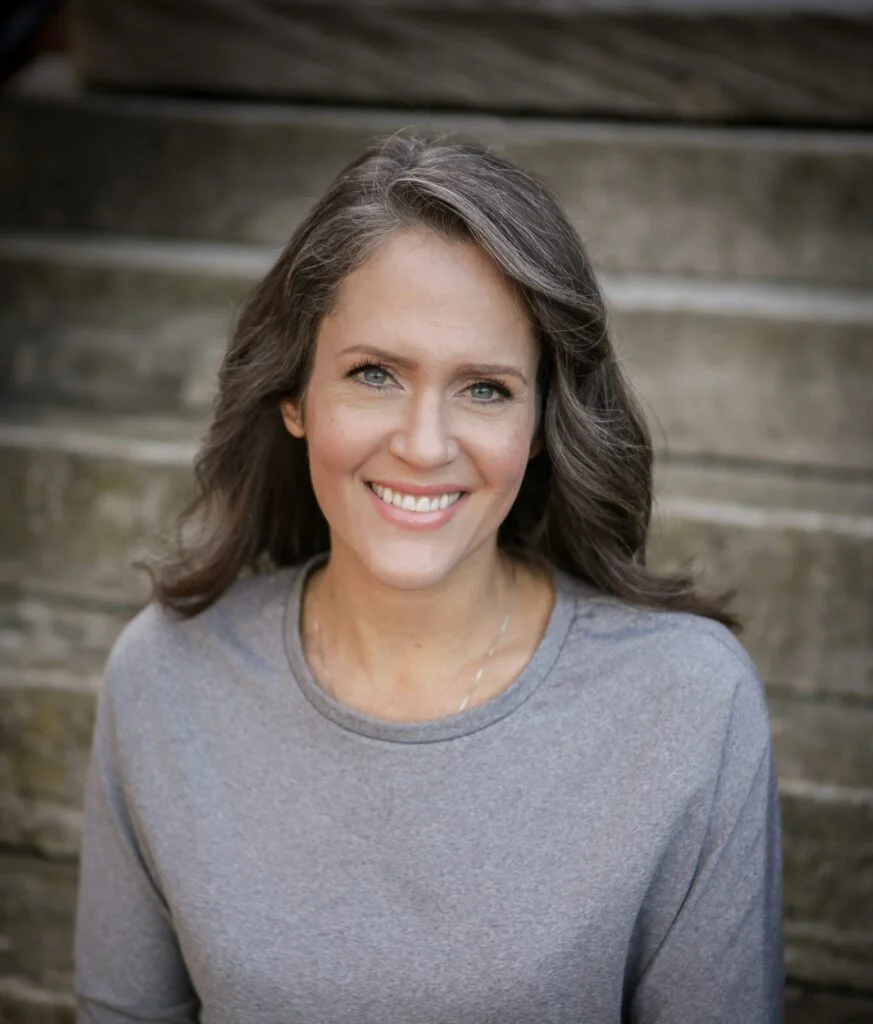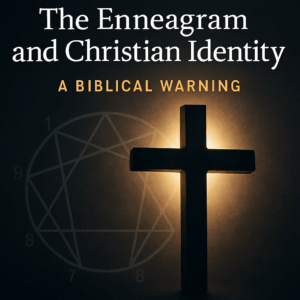⏱️ Estimated Reading Time: 4 min read
T4L: Today we are interviewing Alisa Childers. Thank you very much for agreeing to do this interview with Theology for Life Magazine, Alisa. Can you tell us a bit about your life, marriage, and your ministry?
Alisa: My husband and I live in the Nashville, TN area with our two kids, Dyllan (girl, 12) and Ayden (boy, 9). I have a blog, podcast, and YouTube channel where I interact with the claims of progressive Christianity and try to help Christians answer those claims from a biblical worldview.
T4L: Oh, excellent! We know you also wrote another book recently. One of the many things I appreciate about your book, Another Gospel? A Lifelong Christian Seeks Truth in Response to Progressive Christianity? is how you approach questions and how resolved you are to dig into the Scriptures to find answers to those questions. How important is it to have the right convictions about the Bible itself in order to ask good questions of the biblical text?
Alisa: This is such a key question! What we think about the Bible will inform just about everything we come to believe about God and what it means to be a Christ-follower. If we don’t have an objective source for truth to inform our Christianity, we will be left with our own thoughts, feelings, and preferences to guide us. This will inevitably leave us with a “God” who’s made in our own image, and not the other way around.
T4L: For those unfamiliar with progressive Christianity, what briefly are some of the distinguishing marks of progressive theology that they should watch out for?
Alisa: Progressive Christianity is a movement happening within evangelicalism, where people are re-evaluating core essential doctrines of the faith. There is a willingness to deny that humans have a sin nature, that Jesus’ death on the cross was an atoning sacrifice, and that hell is a real place. There is also a push toward LGBTQ affirmation within the church, and a general emphasis on “social justice” over the sin/redemption narrative we find in the Bible.
T4L: What do you think it looks like in our local churches for pastors and elders to provide a safe place for questions of doubters and to engage with the intellectual side of the Christian faith?
Alisa: In today’s climate, with loads of information at everyone’s fingertips, it’s never been more important for church leaders to provide safe places for people to bring honest questions and doubts. In many of the deconstruction stories I’ve listened to and read, there seems to be a common thread of having to push doubts down because there wasn’t a welcoming environment within which these questions could be asked and wrestled with. If churches would equip their pastors and leaders to be able to engage these questions intellectually and emotionally, it could provide a healthy approach to discipleship that I think would have long-lasting effects on the faith of many Christians.
T4L: Can you briefly describe what deconstruction is and how you went through your own process of reconstructing your faith in Christ upon historic Christianity?
Alisa: Deconstruction is basically the process in which a Christian systematically pulls apart, analyzes, and often discards beliefs they were taught growing up in the church. After my faith was challenged as a result of a clever agnostic pastor, I went through my own deconstruction. But I was determined to discover truth. I studied apologetics, theology, church history, some philosophy, and basically anything I could get my hands on that gave evidence for or against the Christian faith. At the end of the day (and after years of studying), I was convinced that the historic gospel is true.
T4L: What advice would you give to our readers who have friends who are reading or listening to progressive Christian books or podcasts?
Alisa: My advice would be to be sure you are measuring anything a popular pastor, speaker, or blogger is saying against the Word of God. There are many materials marketed to Christians that don’t reflect the Christian worldview at all. I would say that before you learn from a popular teacher, make sure you know the Bible. If you know the real thing, you won’t be tricked by a counterfeit.
T4L: Thank you for taking time out of your busy schedule to do this interview, Alisa!
Alisa: Thank you!
Dave Jenkins is happily married to his wife, Sarah. He is a writer, editor, and speaker living in beautiful Southern Oregon. Dave is a lover of Christ, His people, the Church, and sound theology. He serves as the Executive Director of Servants of Grace Ministries, the Executive Editor of Theology for Life Magazine, the Host and Producer of Equipping You in Grace Podcast, and is a contributor to and producer of Contending for the Word. He is the author of The Word Explored: The Problem of Biblical Illiteracy and What To Do About It (House to House, 2021), The Word Matters: Defending Biblical Authority Against the Spirit of the Age (G3 Press, 2022), and Contentment: The Journey of a Lifetime (Theology for Life, 2024). You can find him on Facebook, Twitter, Instagram, Youtube, or read his newsletter. Dave loves to spend time with his wife, going to movies, eating at a nice restaurant, or going out for a round of golf with a good friend. He is also a voracious reader, in particular of Reformed theology, and the Puritans. You will often find him when he’s not busy with ministry reading a pile of the latest books from a wide variety of Christian publishers. Dave received his M.A.R. and M.Div through Liberty Baptist Theological Seminary.




